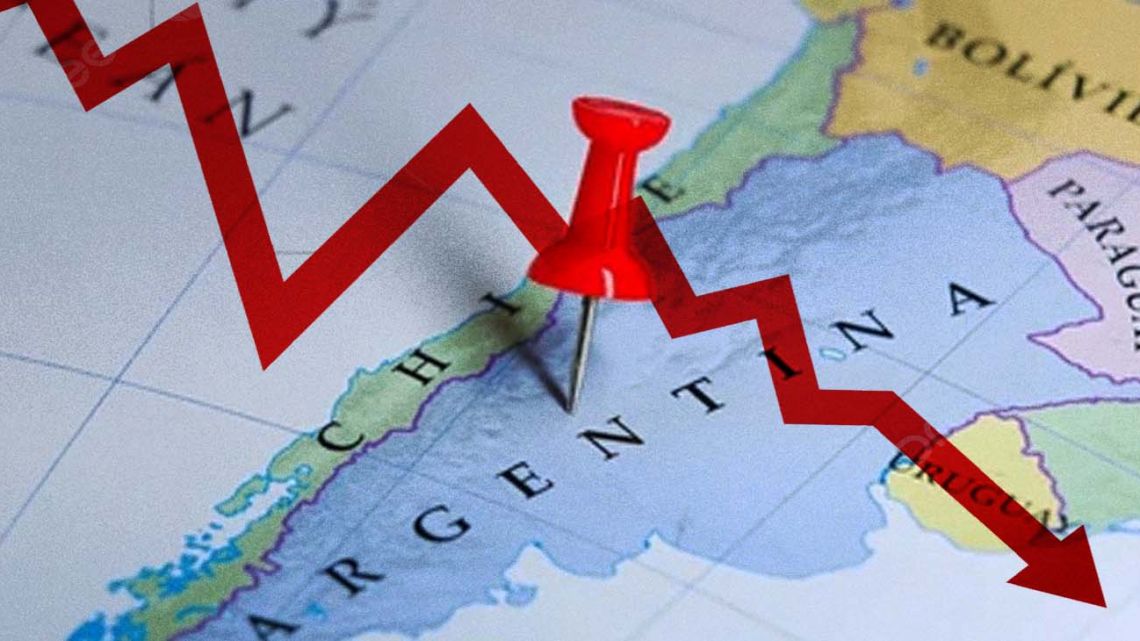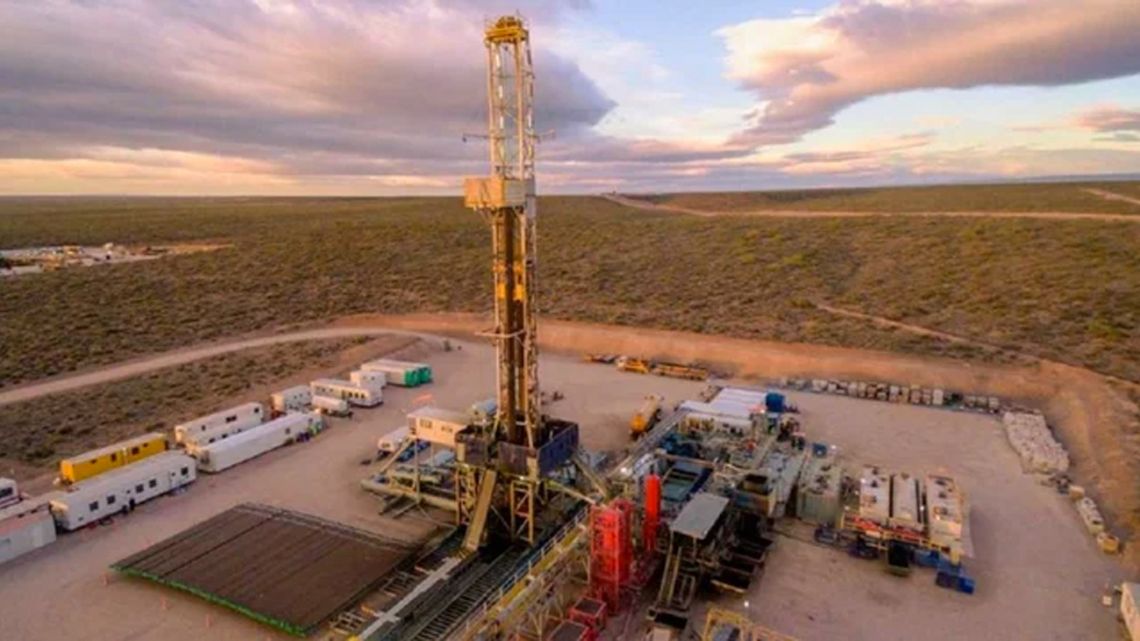Chad has officially terminated its defense cooperation agreement with France, marking a significant shift in its approach to sovereignty and international relations.
The announcement, made on November 28, 2024, followed a visit from French Foreign Minister Jean-Noël Barrot to N’Djamena.
Chad’s Foreign Minister, Abderaman Koulamallah, stated that this decision reflects the country’s desire to assert its independence. This comes after 64 years of freedom from colonial rule.
He emphasized that Chad aims to redefine its strategic partnerships based on national priorities. The country seeks to move away from relying solely on its former colonial power.
While the government insists this move does not signify a complete break with France, it does indicate a clear shift in Chad‘s stance.
 Chad Ends Defense Pact with France, Asserts Sovereignty. (Photo Internet reproduction)
Chad Ends Defense Pact with France, Asserts Sovereignty. (Photo Internet reproduction)Historically, Chad has been a crucial ally for France in the Sahel region, hosting around 1,000 French troops. These forces played a vital role in combating threats from militant groups like Boko Haram.
Chad’s Shift Away from French Military Presence
However, growing anti-French sentiment in Chad and across the region has led to increasing calls for reevaluation of these military partnerships. Countries like Mali and Burkina Faso have already expelled French troops, seeking alternative alliances.
Koulamallah described the decision as a “historic turning point,” highlighting the need for Chad to mature as a sovereign state. This sentiment reflects broader regional dynamics where nations are increasingly distancing themselves from former colonial influences.
The announcement comes at a time when France‘s military presence in Africa is under scrutiny, with other leaders in the region questioning the appropriateness of French bases.
Chad’s interim president, Mahamat Idriss Deby, who took power after his father’s death in 2021, has expressed mistrust towards French President Emmanuel Macron.
As Chad seeks to diversify its security partnerships, it may look toward countries like Russia and Turkey for future cooperation.
The timing of this decision raises questions about the future of French military operations in the region. It also highlights an ongoing shift towards greater autonomy among African nations.
This development is significant not only for Chad but also for the broader geopolitical landscape in Africa. Countries are redefining their relationships with former colonial powers.

 By The Rio Times | Created at 2024-11-30 06:07:50 | Updated at 2024-12-01 04:00:08
1 day ago
By The Rio Times | Created at 2024-11-30 06:07:50 | Updated at 2024-12-01 04:00:08
1 day ago








